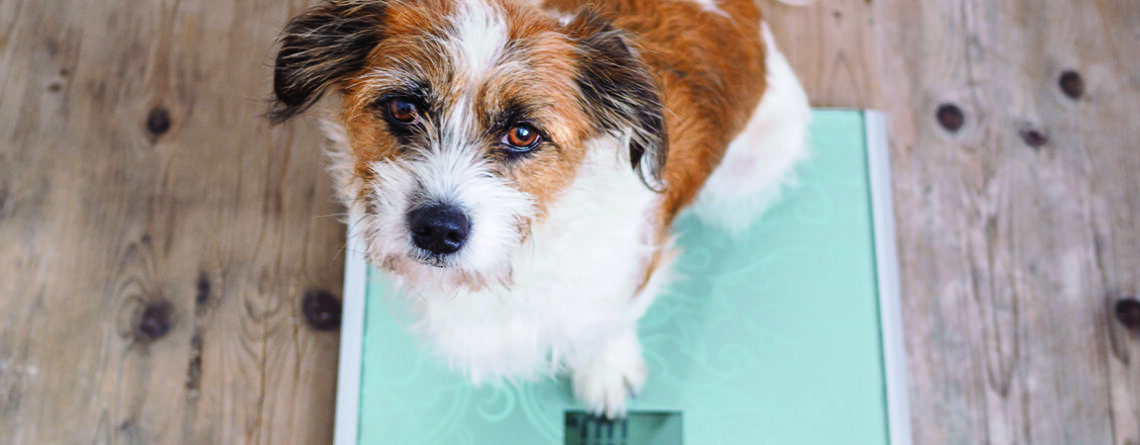Preventing Weight Gain in Your Dog
Preventing Your Dog from Gaining Excess Weight
Too much food is typically the main cause of unwanted weight gain in our dogs, but how do we know how much is too much? Unfortunately, there’s no straight-forward answer to this, as every dog is different, with nutritional requirements varying depending a number of factors:
- The age of your dog
- The breed of your dog
- Daily activity levels
- Whether or not your dog has been neutered / spayed
How Do I Stop My Dog From Gaining Weight?
It’s widely recognized that obesity will reduce our dog’s lifespan and can lead to numerous long term illnesses. These Illnesses will impact on his quality of life, so as dog owners, there are a number of different things that we need to do to help our beloved pets from getting fat.
1. Choose the Right Dog Food for Your Dog
Not all dog foods are created equally. With a huge choice of dog foods available to buy, it’s easy to default to a brand we recognize, or to make a decision based on price alone, but to help ensure our dogs are getting the right food, it’s important that we spend some time considering the options. Choosing a basic ‘complete dog food‘ will ensure that our dog’s basic nutritional needs are being met, but it may not be most suited to our dog’s individual needs.
Did you know that our puppies need more energy to sustain and nourish their growth, while senior dogs tend to be less active, requiring smaller meals and less calories to sustain them? Similarly, larger breed dogs will need a diet that will support this long limbs and heavier frames.

2. Measuring Serving Size will Help Prevent Over Feeding
Just a few extra kibbles in the bowl at mealtimes can be the primary cause of over-eating for our dogs. Every food is carefully developed with a recommended feeding guide, so when we are trying to prevent our pups from gaining too much weight, following the feeding guide for your dog’s food is essential.
3. Helping ‘Greedy Dogs’ to Eat Less
Competition for food in a house that has multiple dogs, or fear over not getting fed and irregular feeding times can cause a dog to guzzle down food, leading to over-eating and weight gain. Adjusting our feeding routines to suit our dog(s) may be needed to help greedy dogs to eat more slowly and eat less.
Much like us humans, boredom can cause some dogs to overeat, so look at your dog’s lifestyle and see if there is more entertainment or exercise that can be provided to help prevent this behaviour.
Using puzzle feeders can also help to slow down feeding times. When introducing a puzzle feeder, start with a simple style and increase complexity over time can help to keep your dog challenged and engaged.

4. Manage Begging Behaviour to Prevent Weight Gain
Our dogs are smart and can learn very quickly to beg for extra food and treats. If our dog’s main meal is nutritionally sufficient, extra snacks and treats will cause unwanted weight gain. Treats should only be used as treats, and to reward positive behaviour and should make up a maximum of 10% of our dog’s daily calorie intake. To help keep our dog’s weight under control, we must resist the puppy-dog-eyes and no give in to begging behaviour!
5. Tracking Your Dog’s Daily Food Intake
Keeping a record of everything your dog eats during the day can provide great insight into where he may be getting extra calories, and can help you to keep his weight and body condition at an ideal level.
For more guidance on choosing the right food for your dog, speak with one of our pet care advisors in-store today.
